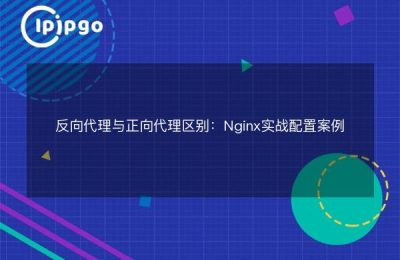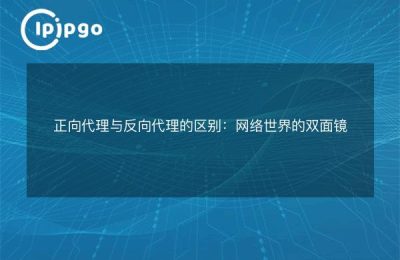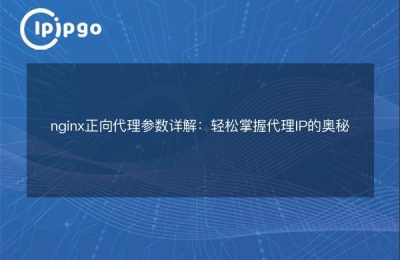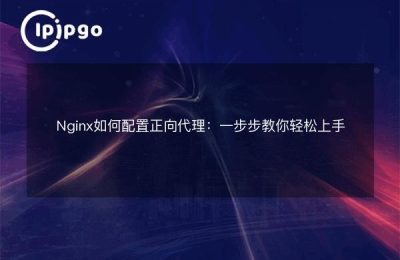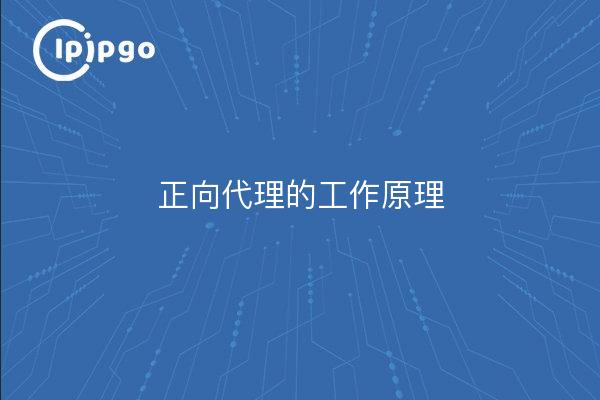
Forward proxy, as the name suggests, refers to when the user needs to access a network resource, through an intermediate server to obtain the target resource. In this process, all network requests between the user and the target server will pass through the proxy server, and the user's request to the target server is equivalent to the "proxy" sent through the proxy server, so it is called forward proxy.
I. How Positive Agents Work
The working principle of forward proxy can be simply summarized as "there is a proxy in front, and there is a user at the back". When a user needs to access a network resource, he or she first sends a request to the proxy server, which then acts as an intermediary between the user and the target server, forwards the user's request and returns the target server's response to the user. From the user's point of view, they only communicate with the proxy server and are not aware of the interaction process between the proxy server and the target server.
II. Advantages of Positive Agency
1. Access control and authentication: The forward proxy can authorize or restrict users according to the set access policy to achieve access control on the target resources. At the same time, the proxy server can also authenticate users to ensure user security.
[Code Sample]
# Implementing a simple forward proxy server using Python
import requests
from flask import Flask, request
app = Flask(__name__)
proxy_url = "http://target-server.com"
@app.route('/')
def proxy().
headers = request.headers
data = request.get_data()
response = requests.request(method=request.method, url=proxy_url, headers=headers, data=data)
return response.content, response.status_code
if __name__ == '__main__'.
app.run()III. Application Scenarios for Positive Proxies
Forward proxies are widely used in many scenarios, and some common application scenarios are described below:
1. Breaking Network Restrictions: Sometimes, in order to protect the security of network resources or avoid abuse, network administrators will block certain websites or applications. At this time, users can use forward proxy to break through this restriction and access the blocked resources.
2. Accelerated access speed: the forward proxy server is located between the user and the target server, it can cache the target resources, when other users request the same resources, the proxy server can directly return to the cached resources, reducing the number of visits to the target server, thus accelerating the user's access speed.
3. Hiding the user's real IP address: Forward proxies can protect a user's privacy by hiding the user's real IP address before the user sends a request to the target server. This is critical for the protection of certain sensitive information or personal privacy.
IV. Shortcomings of positive proxy
With the continuous development of network technology, although forward proxies have many advantages, they also have some shortcomings:
1. Single point of failure: If the forward proxy server fails, then all users passing through the proxy server will be affected, resulting in unavailability of the service.
2. Security issues: Positive proxy servers require user authentication and access control, but this also presents opportunities for attackers. If the security of the proxy server is not tight enough, the attacker may use the proxy server to carry out network attacks or steal user information.
As an important network service architecture, forward proxy plays an important role in many scenarios. It can help users break through network restrictions, speed up access, protect user privacy, and so on. However, at the same time, we also need to pay attention to the possible security risks and single-point-of-failure problems of forward proxies.

